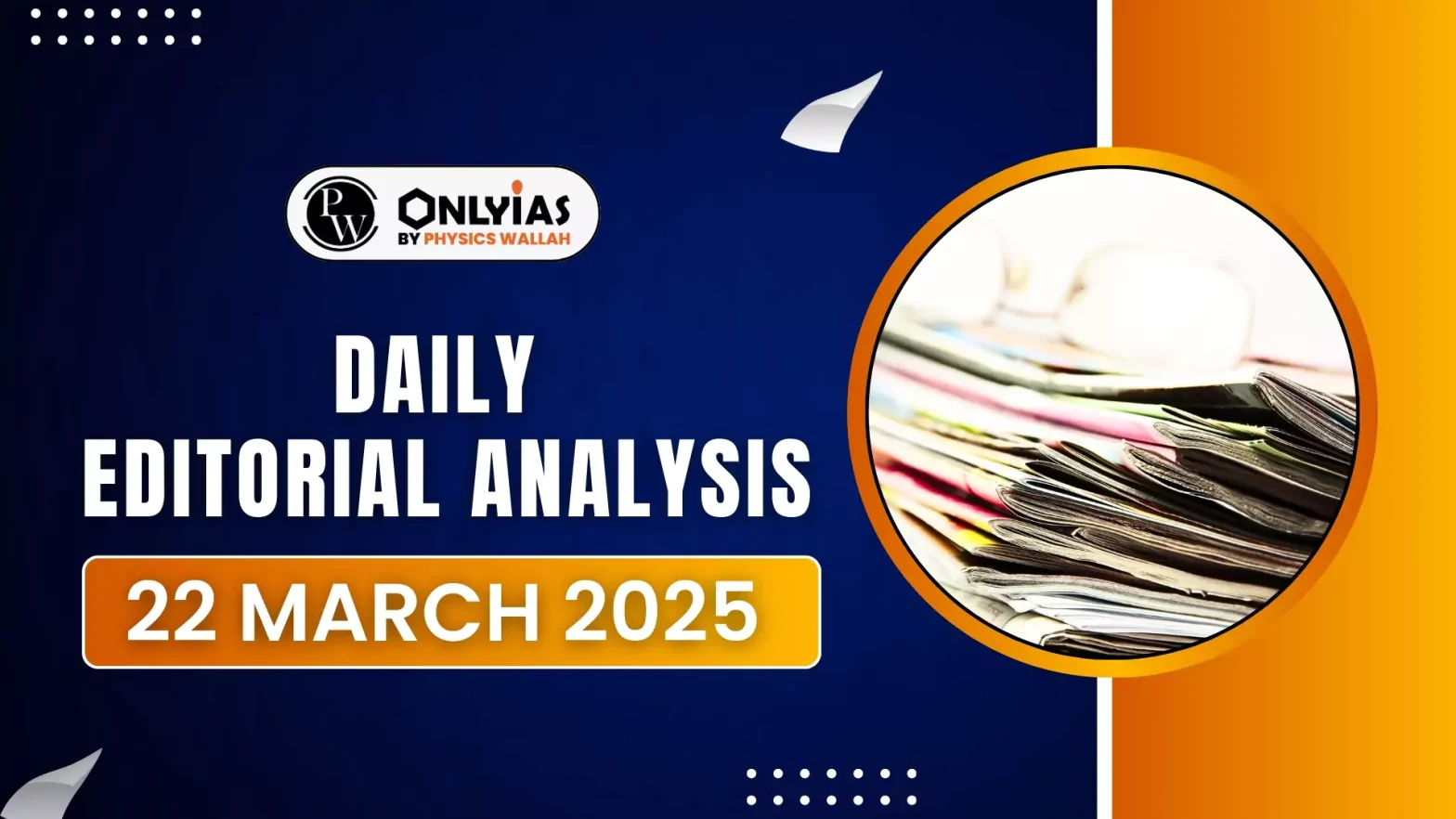India’s executive-driven budget limits parliamentary oversight, sparking calls for a Parliamentary Budget Office to enhance fiscal transparency
Budget
- Role: The Budget reflects a nation’s priorities, economic vision, and governance philosophy. In democracies, the power of the purse rests with parliaments, ensuring fiscal discipline and transparency.
- Budget in India: However, in India, parliamentary influence remains minimal, with an executive-driven process that sidelines legislators.
- Institutional reforms such as pre-Budget discussions and a Parliamentary Budget Office (PBO) are essential.
- Democratic Process: Budgeting is a democratic exercise that allocates public resources and defines economic priorities.
- Scrutiny: Legislative scrutiny has historically played a key role in preventing executive overreach.
- Global Examples: Globally, legislatures have varying levels of influence over Budget-making:
- Some actively modify budget proposals.
- Others merely approve executive decisions.
- Greater transparency and parliamentary engagement lead to better economic stability and social outcomes.
Role of Parliament in Budget in India
- Executive Driven: Budget formulation in India is primarily executive-driven
- Limited Oversight: The Finance Ministry crafts the Budget without broad ministerial discussions. Even Cabinet Ministers remain uninformed until its presentation in the Lok Sabha. This results in fragmented debates and limited oversight, weakening representative democracy.
- For ex: The demonetization of ₹500 and ₹1000 notes in 2016 was implemented through an executive order under Section 26(2) of the RBI Act, bypassing prior parliamentary approval.
- Role of Rajya Sabha: Despite being a democratic institution, the Rajya Sabha lacks a substantive role in Budget discussions. Paradoxically, a Finance Minister from the Rajya Sabha cannot vote on their own Budget in the Lok Sabha.
- This contrasts with the British House of Lords, which wields some financial influence despite being unelected.
- Lack of Debate: Poor debate quality, brief discussions, and ineffective scrutiny by subject committees weaken legislative oversight.
- Lack of Power: Parliamentarians lack the power to amend or significantly influence Budget proposals, reducing their role to passive approval.
- This status quo is undemocratic and undermines accountability.
- Undermining Democratic Accountability: The current budgetary process sidelines elected representatives, limiting their role in shaping financial policies.
- This undermines democratic accountability, as Parliament remains a passive recipient rather than an active participant in Budget-making.
Reforms for Strengthening Parliament’s Role in Budget-Making
- Dedicated Discussion Period: Parliament should introduce a five to seven-day pre-Budget discussion during the monsoon session to ensure meaningful legislative engagement.
- This would allow assessing fiscal health, outlining Budget priorities, and framing an economic roadmap for government consideration.
- Enhanced Coordination: Better synergy among subject committees would lead to informed and constructive Budget inputs.
- Public Representation: Pre-Budget debates would enable legislators to voice public concerns, suggest resource allocation, and deliberate on policy choices.
- Transparency and Trust: Greater public involvement would foster fiscal accountability and openness in financial governance.
- Countering Fiscal Skepticism: Some economists fear that legislative involvement may lead to populist spending. However, relying solely on the executive for financial prudence is unrealistic.
- A balanced approach ensures the executive retains discretion but remains accountable to Parliament.
- Addressing the Analytical Gap: India lacks an independent, non-partisan Budget analysis mechanism to assist legislators.
- Global Best Practices: Modeled after the U.S. Congressional Budget Office (CBO) and similar institutions in Australia, Canada, and the UK, a Parliamentary Budget Office (PBO) would:
- Provide data-driven insights and economic forecasts.
- Analyze government spending, revenue projections, and fiscal trends.
- Offer independent assessments of fiscal policies.
- Role of PBO: The PBO would offer policy briefs to legislators, helping them make informed decisions. Rather than encroaching on executive authority, it would complement governance through objective research.
- Strengthening Scrutiny: Strengthening legislative scrutiny would ensure a more accountable and transparent Budget process.
Conclusion
These reforms go beyond procedural changes; they are essential for ensuring collective deliberation over public finance decisions. A more engaged Parliament would result in more equitable economic policies and greater transparency.
![]() 22 Mar 2025
22 Mar 2025
